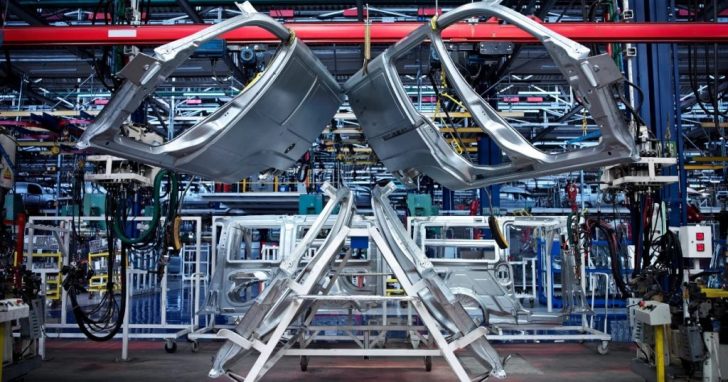The German economy is facing significant challenges. With it, German job cuts are becoming a growing concern. In a country that prides itself on being an industrial powerhouse, the signs of economic strain are hard to ignore. Companies like Volkswagen, one of the nation’s biggest employers, are contemplating closing two of their plants.
This news has sparked fears of even more layoffs as the country’s recovery stalls. So, what Is behind the economic turbulence, and how might it affect jobs across Germany?
German Job Cuts May Rise as Industry Faces Transformation – Expert Warn
Experts have pointed to several factors contributing to the current wave of German job cuts, particularly in traditional industries like automotive and chemical production. With the European Union’s mandate to phase out combustion engines by 2035, companies like VW are scrambling to adjust to a new reality dominated by electric vehicles.
However, the shift has been far from smooth. While the move toward sustainability is widely recognized as necessary, the slow infrastructure development and insufficient investment have hampered demand for electric cars.

VW, facing lower demand and rising costs, is considering shutting down two plants. Thousands of workers could be affected. The struggles of the auto industry are mirrored across various parts of the economy, with experts predicting that more layoffs are likely to come.
Energy Crisis and Bureaucracy Add to German Economic Woes
The energy crisis, triggered in part by the war in Ukraine, has put additional pressure on the German economy. BASF, the world’s largest chemical producer, is reportedly considering relocating part of its operations to Asia. With skyrocketing energy costs and an increasingly burdensome regulatory environment in Germany, companies like BASF are finding it difficult to remain competitive.
The result? More job cuts are on the horizon.

The energy transition and technological shifts are challenging, but the lack of foresight from major corporations only adds to the severity of the situation. German job cuts could accelerate if more companies decide to reduce their workforce or move operations abroad.
The Shrinking German Economy and the Impact on Jobs
Germany’s economy shrank again in the second quarter of 2024, marking its entry into a technical recession. Industrial production has been steadily declining, and with it, the number of jobs available is likely to decrease further. Experts believe this recession could drag on longer than anticipated. Thus, it can lead to further German job cuts across various sectors.
The car industry has taken the brunt of this slowdown. The country’s dependence on its automotive sector has long been a strength, but now, that reliance seems to be a vulnerability. As demand for electric vehicles remains low, partly due to underdeveloped charging infrastructure and rising costs, car manufacturers are struggling to keep up with their ambitious production goals.
This has forced companies like VW to rethink their strategies, with layoffs looking increasingly inevitable.
With the German job market weakening, public disillusionment is growing. Economic instability is often a breeding ground for political unrest, and Germany is no exception. Experts fear that continued job cuts could fuel support for far-right political movements, especially in the run-up to next year’s federal elections.




